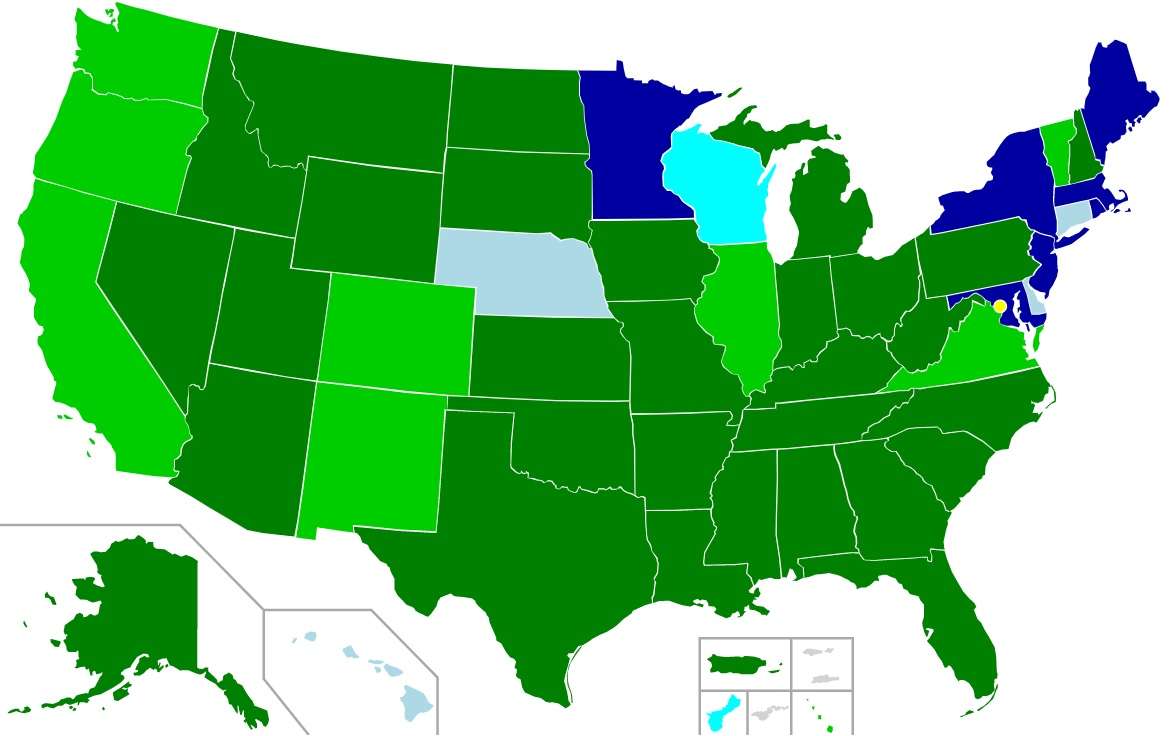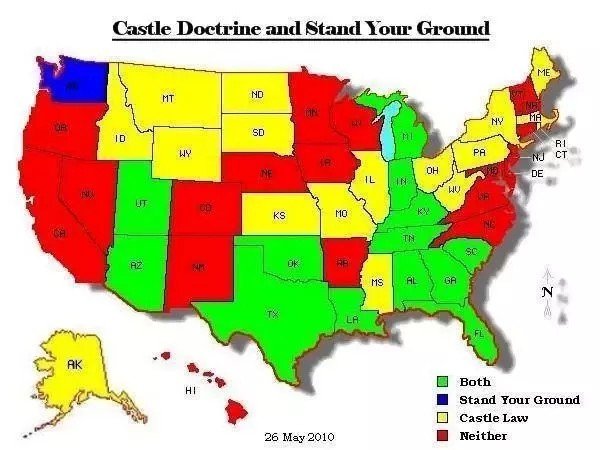Certainly! Indiana does have a “stand-your-ground” law which is officially known as the “Castle Doctrine.” It allows individuals to use deadly force in self-defense without the duty to retreat. Here’s a detailed explanation:

Definition:

- The Castle Doctrine in Indiana is codified under Indiana Code § 35-41-3-2.
- It states that a person is justified in using deadly force “if the person reasonably believes that the force is necessary to prevent imminent death or serious bodily injury to the person or another individual.”
No Duty to Retreat:

- A notable aspect of Indiana’s Castle Doctrine is the “stand-your-ground” provision.
- This means that a person is not required to retreat from a place where they have a legal right to be before using deadly force in self-defense.
Locations Covered:
- The Castle Doctrine applies to the following locations:
- One’s own home or dwelling.
- A place of business or employment.
- A vehicle.
- Any place where the person has a legal right to be.
- The Castle Doctrine applies to the following locations:
Reasonable Belief of Danger:
- For the Castle Doctrine to apply, the person using deadly force must have a reasonable belief that such force is necessary to prevent imminent death or serious bodily injury.
- This assessment is made based on the totality of the circumstances as they reasonably appeared to the defender at the time.
Immunity from Prosecution:
- A person who uses deadly force in accordance with the Castle Doctrine is immune from prosecution for any resulting death or injury.
- However, the person must still report the incident to law enforcement within 48 hours.
Limitations and Exceptions:
- There are some limitations and exceptions to the Castle Doctrine in Indiana:
- It does not apply if the person using deadly force initiated or provoked the confrontation.
- It does not apply if the person using deadly force was engaged in criminal activity at the time.
- There are some limitations and exceptions to the Castle Doctrine in Indiana:
Recent Changes:
- In 2024, Indiana passed Senate Bill 265, which made the Castle Doctrine more expansive.
- The new law removed the requirement for a person to have a “lawful right” to be in a place before using deadly force in self-defense.
Overall, the Castle Doctrine in Indiana provides individuals with a significant degree of legal protection when using deadly force in self-defense. However, it is important to note that the law still requires a reasonable belief of imminent danger and does not apply in certain situations. Understanding the nuances of the Castle Doctrine is crucial for individuals to make informed decisions regarding self-defense.






